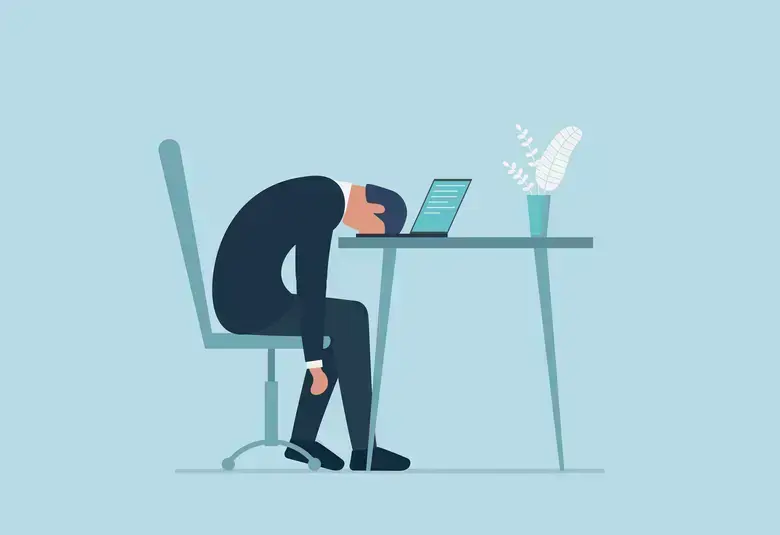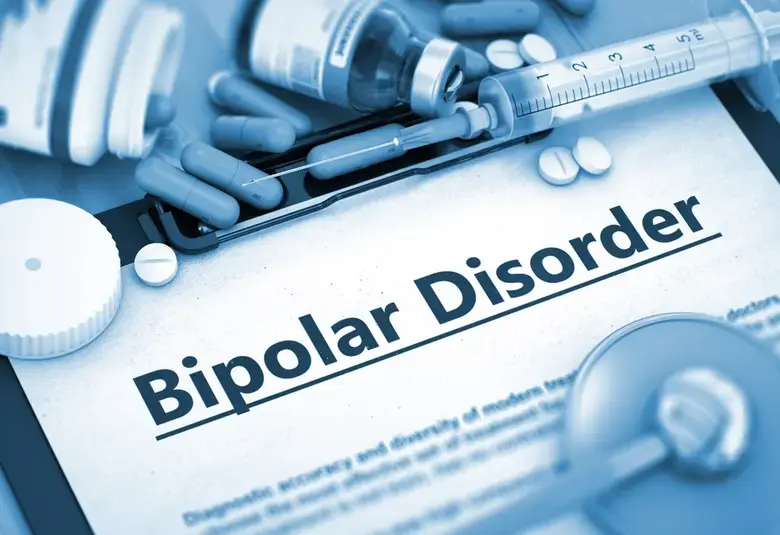Patients’ expectations of treatment for major depressive disorder (MDD) differ, so the treatment goals need to be meaningful for each individual patient. Such individualized goals can be determined and managed appropriately using a patient-centered, shared decision-making approach and a goal attainment scale to establish and track progress, explained experts at WPA 2021.
MDD is the leading cause of disability worldwide with high morbidity and mortality,1 said Professor Siegfried Kasper, Medical University of Vienna, Austria. Initiation of treatment is therefore of utmost importance, but which treatment?
Patients’ expectations of treatment differ
Relationship between symptoms and function
Professor Dan Stein, University of Cape Town, South Africa highlighted the heterogeneity of MDD. Each patient has their own unique combination of symptoms,2 resulting in differing effects on personal, social, and work function.
Patients’ expectations of their treatment therefore differ, and treatment needs to be tailored to the patient, he said.
Each patient has a unique experience of MDD
Professor Sidney Kennedy, University of Toronto, Canada described how different symptoms affect a patient’s ability to function:
- Overall, sad mood, concentration problems, fatigue, and loss of interest have most impact on psychosocial function3
- Low energy is experienced by 91% of patients and is more predictive of poorer work and social functioning than other depressive symptoms, and improvement in energy is more strongly related to improved work productivity4
- Improving motivation predicts early improvement and has the best predictive value for response5
Treatment goals
The most important goals are positive mental health and a return to one's usual self and life
Patients and doctors need to have the same treatment goals, said Professor Kasper, and this is best achieved by shared decision making.
A patient-centered approach using a goal attainment scale to establish and track progress toward treatment goals that are meaningful to patients has been advocated.6
Professor Kasper noted that for the majority of patients who have set such goals, the goals concern:
- physical health
- cognitive functioning
- social aspects of life7
The most important goals are positive mental health (e.g. optimism and self-confidence) and a return to one's usual self and level of functioning,8 he said.
In addition, it is important to note that a patient’s preference for a particular treatment is a potent moderator of response to the treatment.9
Which antidepressant?
Antidepressants differ in efficacy and acceptability
All antidepressants are more effective than placebo in the treatment of MDD, but differences in efficacy and acceptability between different antidepressants have been demonstrated in head-to head-trials,10 said Professor Stein.
These were the findings of a systematic review and network meta-analysis by Cipriani et al. published in The Lancet in 2018.
Cipriani et al. concluded that their results should serve evidence-based practice and inform patients, physicians, guideline developers, and policy makers in their decision-making on the use of different antidepressants.10
Support for this satellite symposium at WPA 2021 was provided by Servier
For the latest updates on sea.progress.im, subscribe to our Telegram Channel https://bit.ly/telePiM
Our correspondent’s highlights from the symposium are meant as a fair representation of the scientific content presented. The views and opinions expressed on this page do not necessarily reflect those of Lundbeck.




